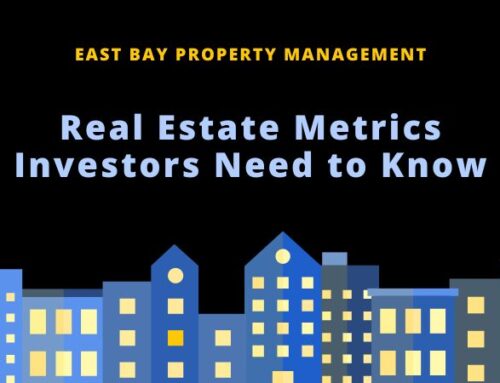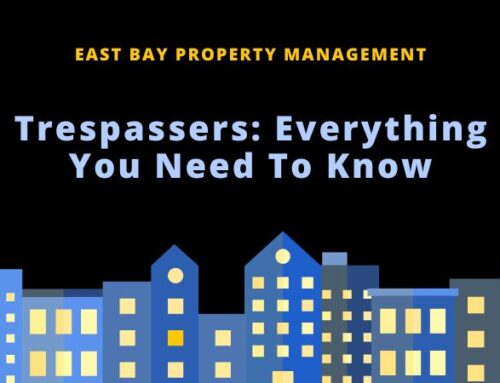Are you looking to make your first property purchase? If so, then there are certain jargon and acronyms that you should acquaint yourself with. There’s a great benefit in knowing them, as you’ll be able to navigate this business much more easily.
You are bound to encounter certain terms during transactions. As such, knowing what a term means can prove to be very beneficial. Knowing them will also allow you to communicate effectively with real estate experts.
The following are 21 terms you should know when looking to invest in real estate:
1. Rental Investment/Property
This is arguably a basic real estate term. Now, a rental property is one in which the owner charges the tenant a monthly rent in exchange for letting them occupy the property after signing a lease agreement. Generally, there are two types of rental properties: residential and commercial real estate.
2. Vacation Rental (Short-Term Rental)
Usually an apartment or a condominium, a short term rental is a place you rent for short periods of time. It is a furnished and self-contained home.
3. Cash Flow
This is the amount of money that a real estate investor can expect at the end of the month, minus operating expenses. It can either be positive or negative. A positive cash flow occurs when you earn more money than you spend on expenses. On the other hand, a negative cash flow occurs when the money you earn is less than what you spend.
4. Rent
This is the amount of money that you receive from renting your property. It’s usually collected on the first of every month.

To calculate how much rent to charge, you may need to carry out a comparative market analysis. This brings us to the next real estate term…
5. Comparative Market Analysis
A comparative market analysis is a tool used by real estate agents to gain crucial insights about the local real estate market. It can help you, for instance, find out a home’s worth and how much rent to charge.
6. Equity
This refers to the market value of a property, less the amount of any liens that may exist. Generally speaking, the equity of a property gradually increases over time as the debt reduces.
7. Single-Family Home
Also known as a detached home, a single-family home is a house that isn’t attached to anything else.
8. Multi-Family Home
This is a building that accommodates many housing units. Examples of multi-family homes include townhomes, duplexes, and apartment buildings.
9. Real Estate Agent
A real estate agent is a professional that assists in the buying and selling of properties. Depending on the state they are operating in, requirements may be that they be licensed, insured, and/or bonded.
10. Realtor
A realtor is a real estate agent who maintains active membership with the National Association of Realtors. Founded in 1908, the association is the largest trade association in the United States. All members must meet certain qualifications, including immaculate professional conduct records.
11. Real Estate Broker
A real estate broker is a step up the professional food chain. Generally, a broker has more training and subject-matter education than an agent.

In most states, in addition to acquiring a broker license, one must also hold an active real estate license for two years and accomplish further education.
12. Internal Rate of Return
This is the estimate of the value your investment generates in the time frame during which you own it. The IRR essentially tells you the average annual return you have realized or can expect to realize from your investment.
13. Off-Market Property
These are privately sold properties. They aren’t advertised nor listed on the public MLS for sale.
Normally, properties sold off-market are usually high profile, high value sales. Landlords may also use this option when they are looking to sell their property to another investor.
14. Credit Score
This is a numerical calculation that evaluates a person’s creditworthiness based on their credit history. Lenders usually require it prior to qualifying someone for a loan.
15. Net Operating Income
This is the income that an investment property generates over a period of one year, less property expenses. Examples of such expenses include utility fees, property management fees, and property tax.
16. Capitalization Rate
Also known as cap rate, capitalization rate refers to the rate return of a property based on the net operating income of that property. So, suppose you’re selling a property for $500,000 and that has a net operating income of $50,000. In such a case, the cap rate would be equal to $50,000/$500,000, or 10 percent.

This is only one way to determine the rate of return of an investment property. So, if you’re just getting started, make sure you also understand the other ways of calculating the cap rate.
17. Debt-to-Income Ratio
The comparison of how much you owe each month versus how much you earn translates to your debt-to-income ratio. You can calculate a DTI ratio by dividing the total recurring monthly debt by monthly gross income. Lenders use this metric to measure a person’s ability to manage debt repayments.
18. Hard Money Loan
This is simply when real estate secures a short-term loan. As opposed to conventional lenders, such as credit unions or banks, private investors are those who fund hard money loans. They are usually quick to fund. However, on the flipside, they usually attract a higher interest rate as compared to one from a conventional banking institution.
19. Appreciation
Appreciation is when a real estate property increases in value. This can happen because of factors such as weakening supply, increased demand, and inflation.
20. Buyer’s Market
A real estate market is deemed to be a buyer’s one when the demand for properties being sold is lower than the supply.
21. Seller’s Market
This is a market where demand from buyers looking to buy real estate exceeds the supply of properties for sale.
The terms aforementioned are just some of the many terms you’re bound to come across when looking to invest in real estate. Understanding them can help make the real estate transaction as efficient and as easy as possible. If you’re just starting out in the real estate scene, contact East Bay Property Management and Consulting to find out how we can help.






